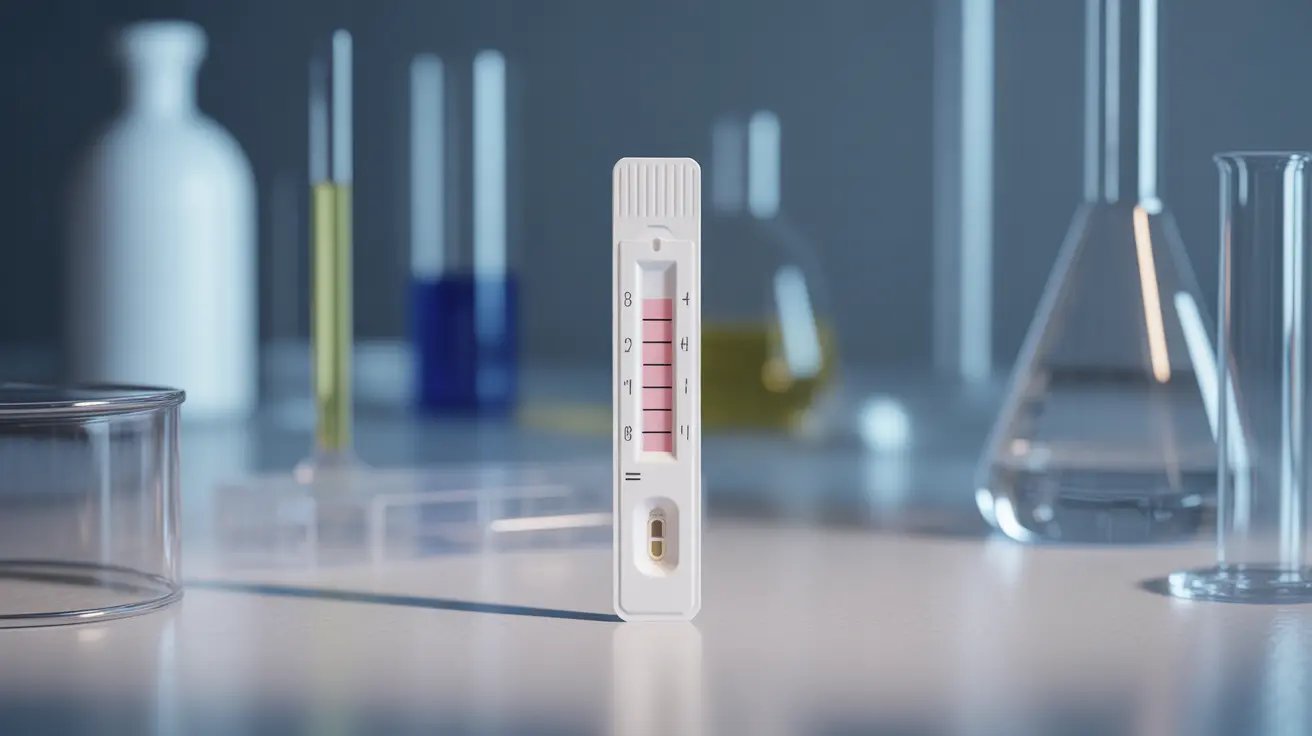When your healthcare provider discovers nitrites in your urine, it often signals the presence of bacteria and a potential urinary tract infection (UTI). Understanding what nitrites are, why they appear in urine, and what this means for your health is crucial for proper diagnosis and treatment.
Nitrites aren't normally found in human urine. They appear when bacteria convert nitrates (commonly found in many foods) into nitrites. This chemical conversion serves as an important indicator that harmful bacteria may be present in your urinary system.
What Causes Nitrites to Appear in Urine?
The presence of nitrites in urine typically indicates bacterial activity in the urinary tract. Common bacteria that can cause this conversion include:
- Escherichia coli (E. coli)
- Klebsiella
- Proteus
- Enterobacter
These bacteria are often responsible for urinary tract infections and can lead to various uncomfortable symptoms if left untreated.
Understanding Urinary Test Results
A urinalysis that tests for nitrites is part of a dipstick test, which can quickly screen for various urinary conditions. The test changes color when nitrites are present, helping healthcare providers make rapid preliminary diagnoses.
Interpreting Your Results
A positive nitrite test usually indicates bacterial infection, but it's important to note that not all UTIs will show nitrites in urine. Some bacteria don't convert nitrates to nitrites, and sometimes there hasn't been enough time for the conversion to occur.
Signs and Symptoms Associated with Nitrites in Urine
When nitrites are detected in your urine, you might experience several symptoms commonly associated with UTIs:
- Frequent urination
- Burning sensation while urinating
- Cloudy or strong-smelling urine
- Lower abdominal pain
- Feeling of incomplete bladder emptying
Treatment Approaches
If nitrites are found in your urine along with other signs of infection, your healthcare provider will likely prescribe antibiotics. The specific antibiotic chosen will depend on various factors, including your medical history and local bacterial resistance patterns.
The Importance of Complete Treatment
Even if symptoms improve quickly, it's crucial to complete the entire course of prescribed antibiotics to prevent the infection from returning or becoming resistant to treatment.
Prevention Strategies
To reduce your risk of developing conditions that lead to nitrites in urine, consider these preventive measures:
- Stay well-hydrated
- Urinate promptly when needed
- Wipe from front to back after using the bathroom
- Urinate after sexual activity
- Consider cranberry supplements or juice
- Practice good personal hygiene
Frequently Asked Questions
What does it mean if nitrites are found in my urine test? The presence of nitrites in urine typically indicates bacterial infection, most commonly a urinary tract infection (UTI). This occurs when bacteria convert naturally occurring nitrates into nitrites.
What symptoms might I have if nitrites are present in my urine? Common symptoms include frequent urination, burning during urination, cloudy or strong-smelling urine, lower abdominal pain, and a feeling of incomplete bladder emptying.
How do doctors test for nitrites in urine and what happens after a positive result? Doctors use a dipstick test during urinalysis to detect nitrites. After a positive result, they typically order a urine culture to identify the specific bacteria and prescribe appropriate antibiotics.
Can nitrites in urine go away on their own, or will I need antibiotics? While mild UTIs occasionally resolve on their own, it's generally recommended to treat positive nitrite tests with antibiotics to prevent the infection from worsening or spreading to the kidneys.
How can I prevent nitrites (and UTIs) from appearing in my urine? Prevention strategies include staying hydrated, practicing good hygiene, urinating after sexual activity, wiping front to back, and emptying your bladder regularly and completely.




